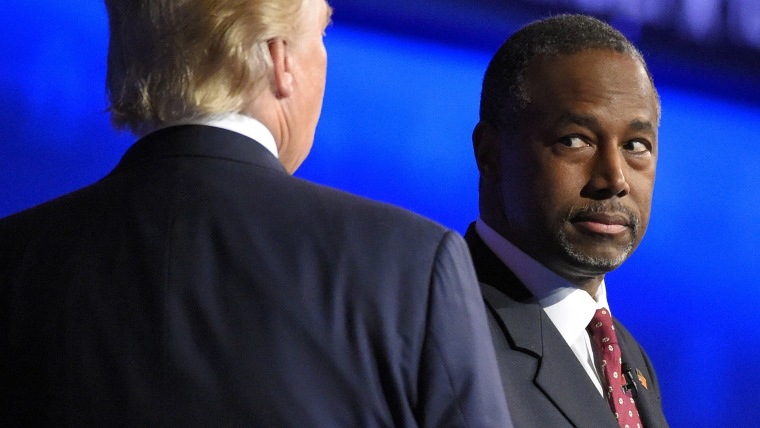It sounds like the plot of a Dickensian nightmare. A wealthy president signed a massive package of tax cuts, which importunately benefit the wealthy and big corporations. We learned just last week, for example, that "the nation's six big Wall Street banks saved at least $3.59 billion in taxes last quarter, thanks to the recently enacted Trump tax law."
At the same time, that same president's party is trying to cut food stamps while his administration targets housing benefits for low-income families. The Washington Post reported yesterday:
Housing and Urban Development Secretary Ben Carson proposed far-reaching changes to federal housing subsidies Wednesday, tripling rent for the poorest households and making it easier for housing authorities to impose work requirements.Carson's proposals, and other initiatives aimed at low-income Americans receiving federal assistance, amount to a comprehensive effort by the Trump administration and Republicans in Congress to restrict access to the safety net and reduce the levels of assistance for those who do qualify.
The article added that roughly "half of the 4.7 million families receiving housing benefits would be affected" by the proposed changes.
It's worth emphasizing that Carson's proposal is not a new policy, at least not yet, and it's possible the ideas the HUD secretary presented yesterday will never actually be implemented.
But that fact that Donald Trump's administration considers this a legitimate vision is a reminder of the radicalism of the Republican agenda.
It's also a reminder that in GOP politics, it's generally assumed that low-income Americans don't vote in large numbers, and their lack of political capital makes them an easy target for regressive policymaking.
With the midterm elections about six months away, it's a gamble with great risks for the Republican majority.
